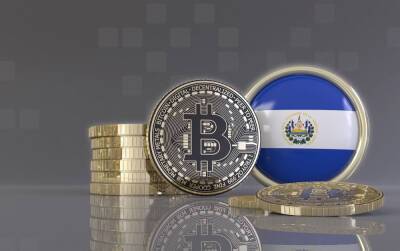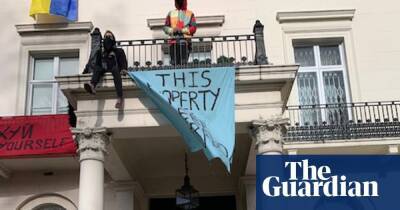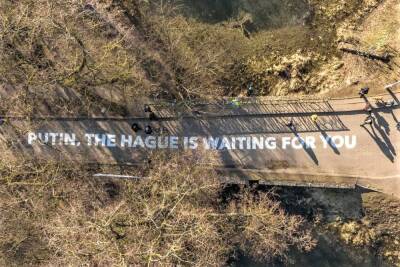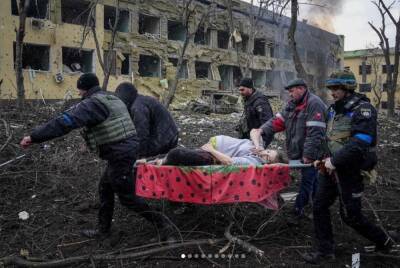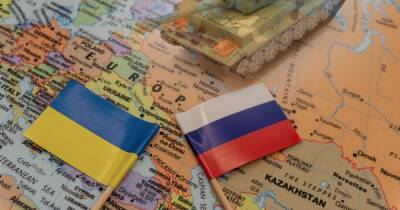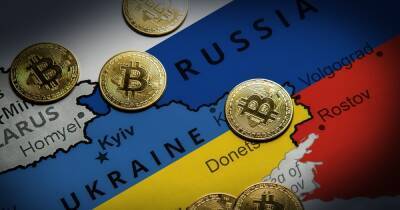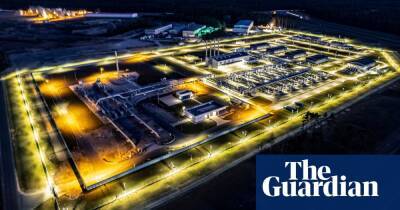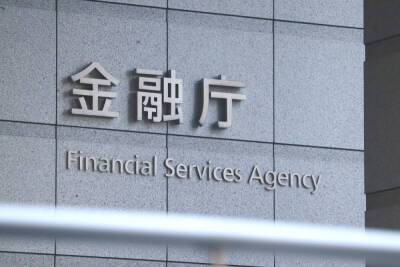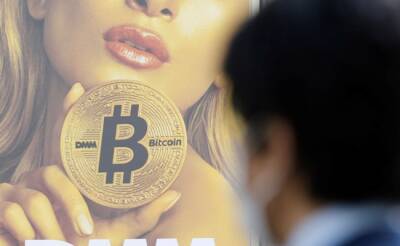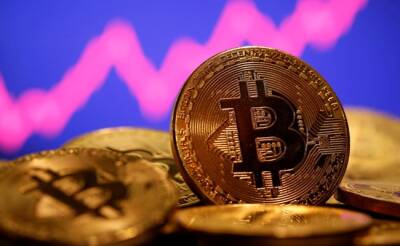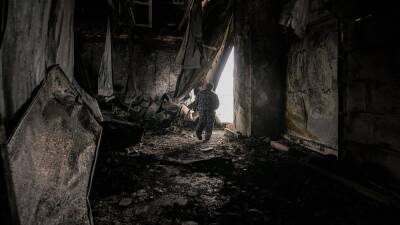The west has declared all-out financial war with Russia. What does this mean?
War is never just a matter of soldiers and weapons. Indeed, economic warfare has been a central overt aspect of war, especially obvious since the beginning of the 20th century. It still is today, but we call it “sanctions”. But sanctions are a form of war, not an alternative to it, and like war, dangerous, damaging and unpredictable in impact.
On Sunday night and Monday morning, the US and Europe imposed the most crippling and severe sanctions ever levelled against a G20 country. Russia has been treated like Iran, North Korea, Venezuela. Russian money, until recently so eagerly sought, so politically efficacious, not least in London, has been sterilised.
The economic war that the EU and Nato members have launched against Russia is mainly financial, and technological, cutting off the Russia state from its overseas assets, which are now unusable, and preventing it from buying all sorts of critical equipment. The overseas operations of Russian financial institutions have been hobbled and Russian financial institutions expelled from the technical mechanisms of global capitalism. The consequences have been clear, a huge devaluation of the rouble, a doubling of rouble interest rates, potential runs on domestic banks, and the possibility of inflation. The Russian state has been financially disarmed, externally at least.
The attack is not a total one, quite deliberately so. Russia can still sell its two main exports for hard cash, energy and grain, but that is a measure of the strength of the west. It does not want to deprive the world economy of supplies at a time of rising commodity prices. But who is in charge is completely clear, and what expectations are also. Foreign investors in Russia are pulling out as best they can, like
Read more on theguardian.com



